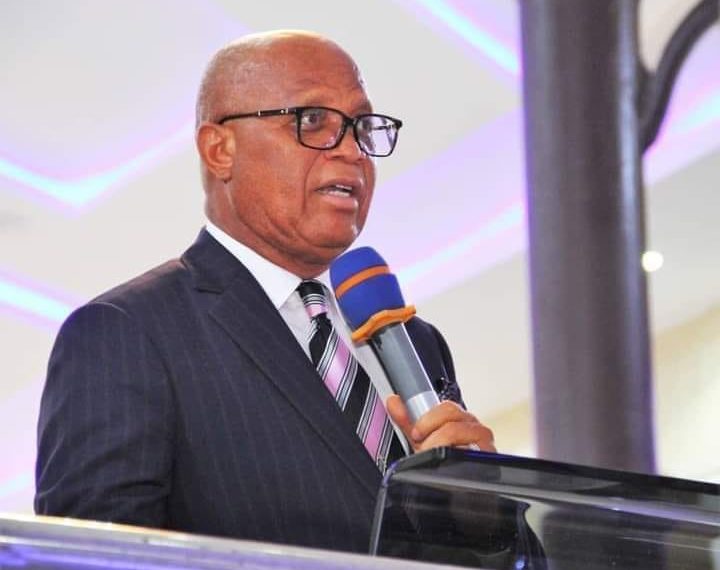
Paris — Is France back to its old ways?
Trade unionists plan to paralyse public transport, shut down schools, set up picket lines and march through cities on Thursday over President Emmanuel Macron’s pension reform.
They talk about recreating the spirit of 1995, when Jacques Chirac’s government requisitioned tourist boats on the river Seine to ferry commuters to work and backed off a pension overhaul after weeks of strikes in the metro and elsewhere.
But unions’ ability to bring chunks of the euro zone’s second-biggest economy to a halt and force governments to backtrack is not what it used to be.
French strikes have become less frequent, less disruptive and less successful, leaving some unions groping for relevance. Changes to the pension system in 2010 and 2014 prompted protests but were adopted.
Macron says the French must work longer to put the pension system on a sounder financial footing. Unions say funds can be found elsewhere and are counting on the fact that France’s early retirement age and generous pension benefits are deeply cherished.
“What we’re hearing from people on the ground is that there is going to be massive mobilisation,” said Eric Sellini, an official for the hardline CGT union at TotalEnergies said.
Two thirds of people polled by Odoxa considered strike action to be justified after the government unveiled the plan to raise the retirement age by two years to 64.
Sellini said unions were expecting donations to top up strike funds for workers whose pay gets docked.
“We’re getting a lot of questions from people that usually don’t strike about what they need to do.”
DISCONTENT
The unionists’ aim is to tap into widespread discontent left by the COVID and cost-of-living crises to energise their pushback against the pension overhaul due to be debated in parliament in the coming weeks.
“People are just fed up. When we talk with co-workers, they’re disgusted that they will have to keep going for another two or three years,” said Simone Legendre, a member of the CFE-CGC union that represents white collar workers, who was striking this week over wages outside a LCL bank and will join the pension strike too.
The largest union, CFDT, has issued a general call to halt work and join protests, describing the day as a starting point.
Walkouts are expected at refineries and fuel depots operated by TotalEnergies and Exxon Mobil’s local unit. Airlines including Air France and Vueling, owned by IAG, have been asked by the regulator to cancel one in five flights out of Paris’ second biggest airport, Orly.
Yet since 2015, France has on average lost fewer work days to strikes than Britain, according to data from the International Labour Organization, which do not reflect the most recent waves of UK strikes.
SWANSONG
The looming showdown with the government will be the last chance for militant CGT leader Philippe Martinez, who for many is the face of unionism in France, to leave his mark before standing down in March.
Once rooted in the Communist Party, the CGT, which has threatened to cut off electricity to the elite, has lost its standing as France’s biggest union to the more pragmatic and reform-minded CFDT.
“When there is such a dangerous reform, it’s a good sign when all of the unions stand together,” the moustachioed Martinez told France 3 television channel.
Macron has already stared down one wave of strikes over his pension plans in 2019, though that first reform push fell by the wayside as the government focused on tackling the COVID outbreak and saving the economy.
While now, unlike in 2019, the CFDT is joining the strikes, it is not yet clear how long its members will persist.
“The strikes are going to snowball over time, undeniably,” said union official Thomas Cavel with the CFDT’s railways branch. “Workers who were on the front lines during COVID are going to get hit (by the reform). It’s unfair.”
A 2007 ban on wildcat walkouts and restrictions on strikes to guarantee minimum public services have limited unions abilities to wear down governments’ reform ambitions.
“We have no illusions,” Legendre, the CFE-CGC union member, said. “We can’t be sure the government will back down, but we’ve got to give it everything we’ve got. It’s now or never.”
Reporting by Michel Rose and Juliette Jabkhiro; Writing by Leigh Thomas; Editing by Richard Lough and Philippa Fletcher – Reuters
Follow us on twitter



